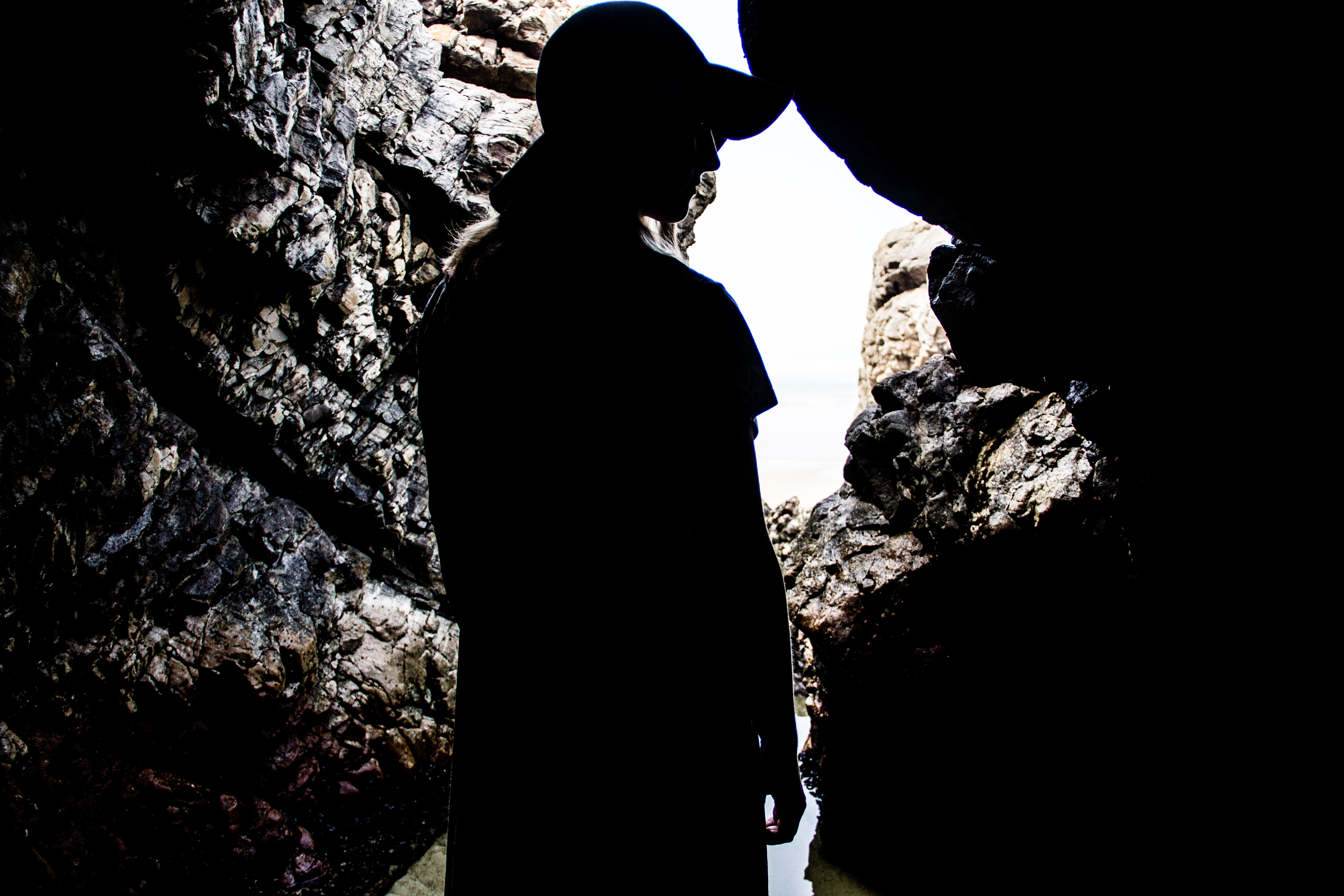There are times in our lives when it serves us not to know something, times when it serves us not to know something about what’s happened in the past, what’s happening now, or our feelings and experience. It will upset the status quo, and we are committed to protecting our status quo even when it’s killing us. Eventually, the attachment to not knowing dominates us.
We repress and suppress painful memories, our awareness. We do this for lots of reasons. We try not to know that our partner is trapped in an addiction because we don’t know how we’d deal with it, how our families would deal with it. We try not to know that we’re being cheated on because we don’t want to get divorced or break up and we don’t know how to recover from the betrayal. We try not to know that we’ve fallen out of love with someone or something because we don’t know how to move forward and we don’t want to hurt anyone. We try not to know what happened in our childhood households because if we were to know it, we’d have to rearrange our understanding of life and relationships. We try not to know that we’re depressed because it is so stigmatized and we don’t want to seem weak or sick.
We try not to know that we’re stuck in our own addiction cycle. We try not to know that we’re afraid of expressing emotions like anger, fear, and sadness, that we are ashamed of how we feel.
But one day we’re presented with irrefutable evidence or we feel we just can’t keep avoiding it or someone shines the light on the truth… and the thing we were trying so hard not to know makes itself known.
Sometimes we fall apart with this knowledge. Sometimes we steel ourselves against it. Sometimes we oscillate between the two.
We ask ourselves how this could have happened right under our noses. We wonder how we could not have known. We feel guilt for not having seen it all this time and anger for seeing it now. We blame ourselves for not knowing sooner and not changing courses, not stopping whatever was happening, not getting help sooner. Avoidance is an understandable response to stress. Stress is painful, and our brains are wired to be pain-averse. It’s what’s kept us safe and alive for generations. Some of us experienced trauma during childhood and learned to believe that we are helpless against pain or that resolving the thing that’s causing us pain is just as awful as experiencing the thing itself. Lose-lose.
It benefits us to learn about why we didn’t want to know something, why we fought knowing for so long, what it would have meant for us to know, and what it meant for us not to. When we understand the meaning, we made out of knowing versus not knowing we can have compassion for ourselves. Eventually, we can learn to stop blaming ourselves, figure out why we had to keep ourselves from not knowing and internalize that we can accept and handle the future knowledge that comes our way, no matter how painful. This takes time and practice.
We can also practice asking ourselves what we are trying not to know in our everyday lives. When sense ourselves avoiding something, a feeling, a situation, a person, we can ask ourselves what we are trying not to know. If the awareness of avoidance is still new for us and we don’t quite have the hang of it, we can ask ourselves what we are trying not to know by looking at our behavior. Sometimes the very thought of asking ourselves what we are trying not to know is terrifying.
If this sounds like you, I get it, and I would love to help you with this. Please contact me to talk about next steps. You don’t have to stay stuck in not knowing. You can upset your status quo, address the knowing, and see that you’re ok.
Love and Be Loved,
Natalie
